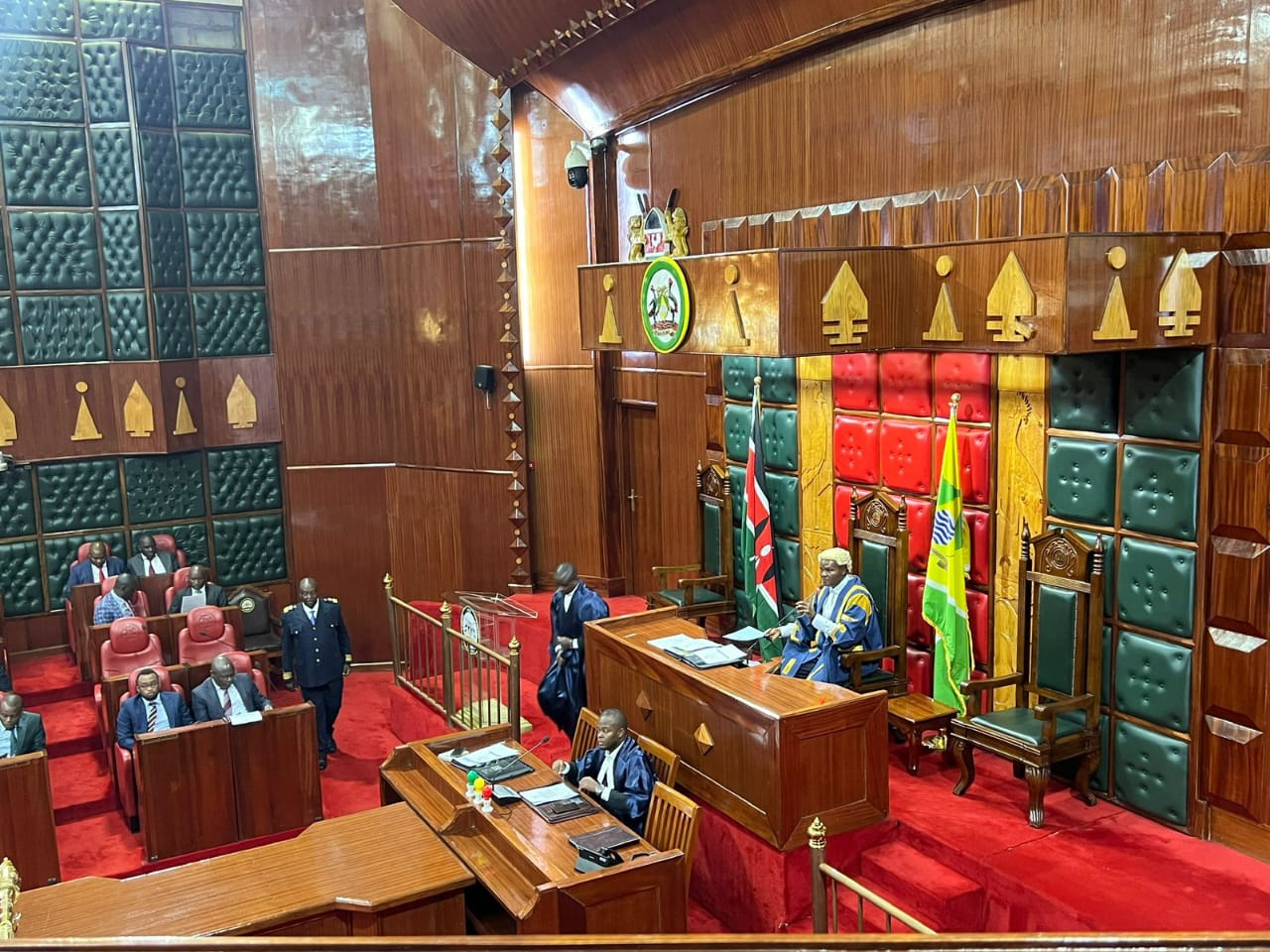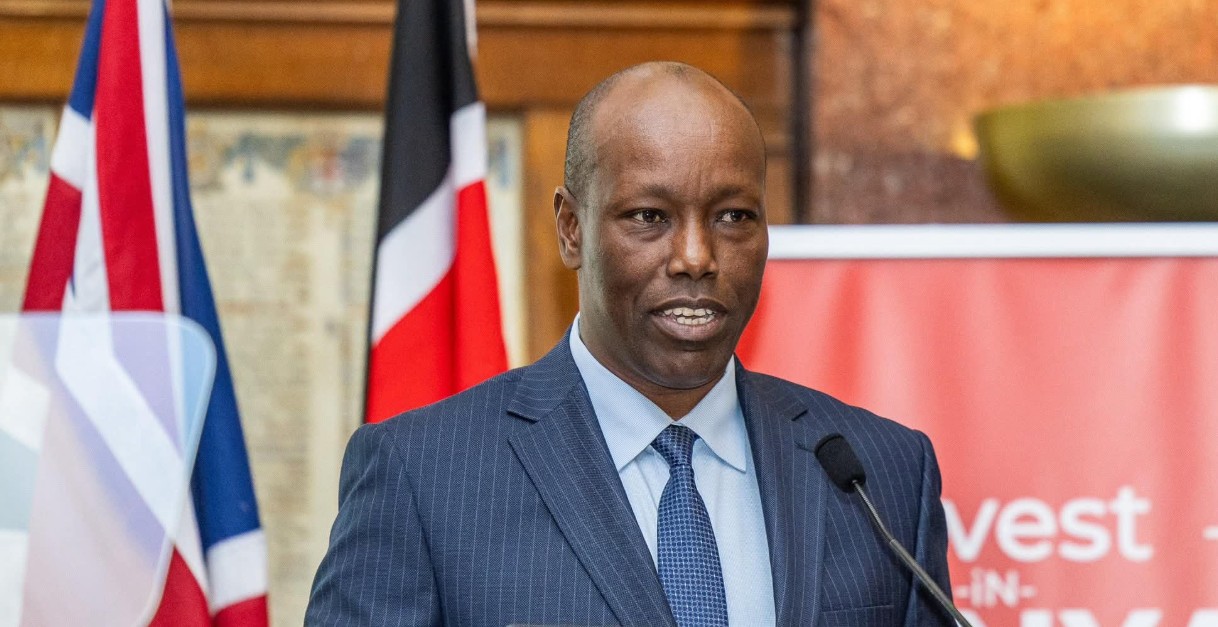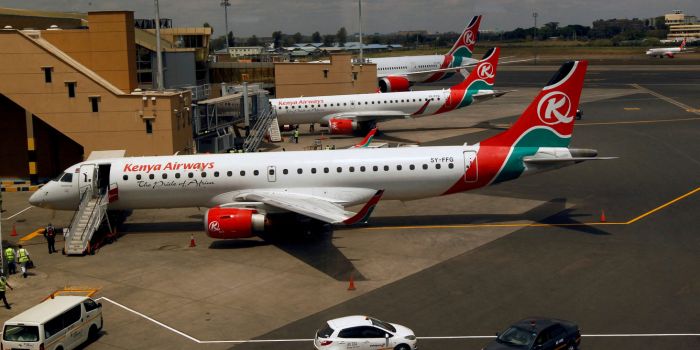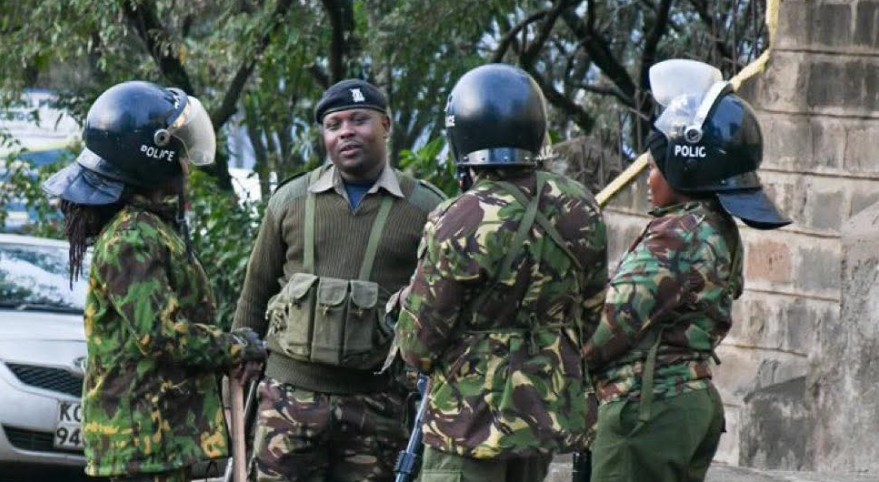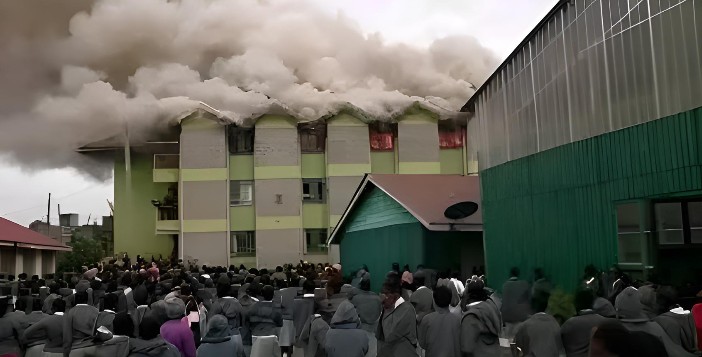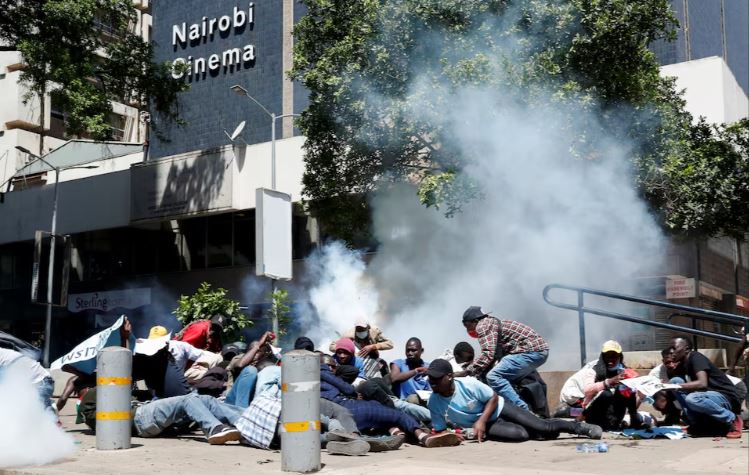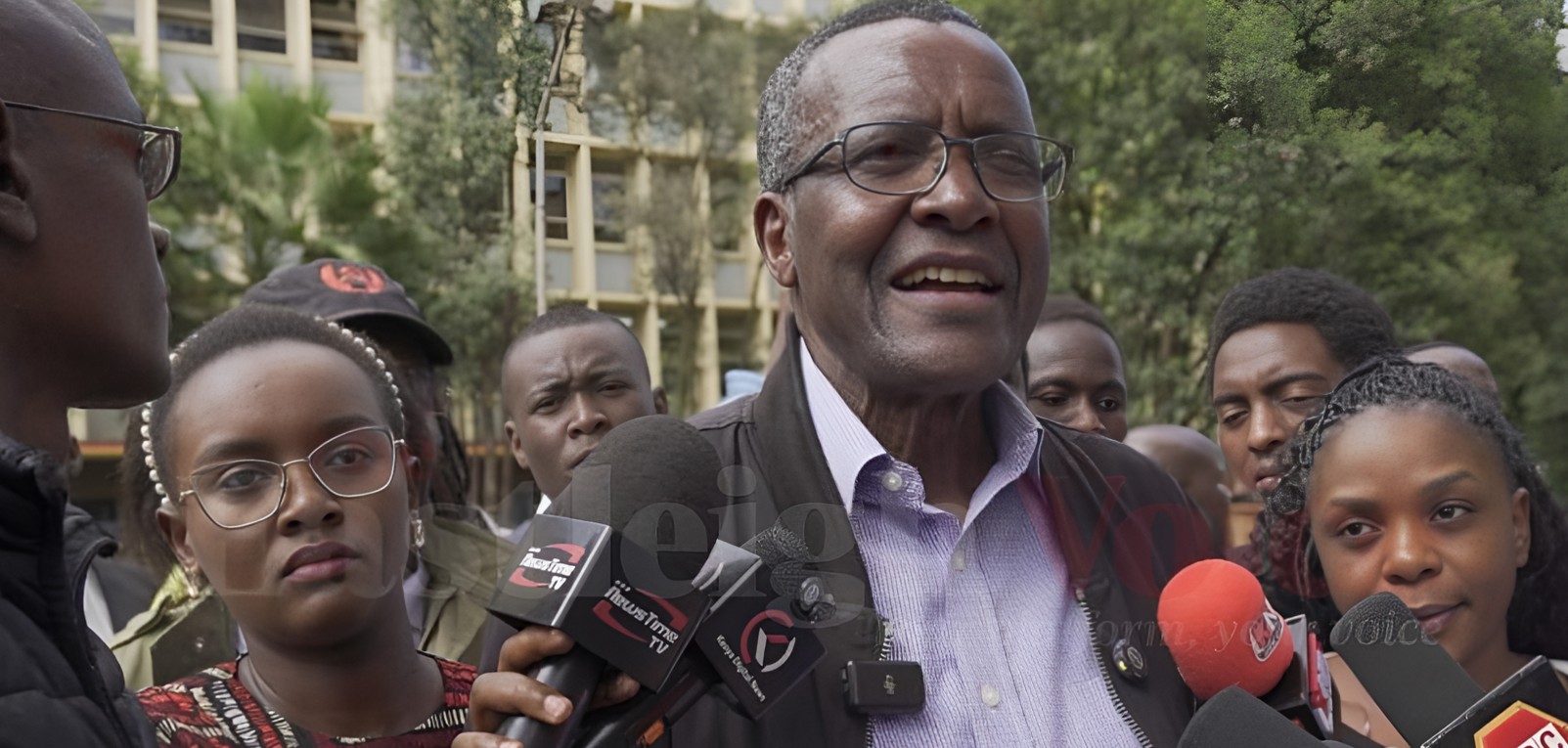High Court allows LSK, KHRC to challenge Adani's 30-year JKIA lease
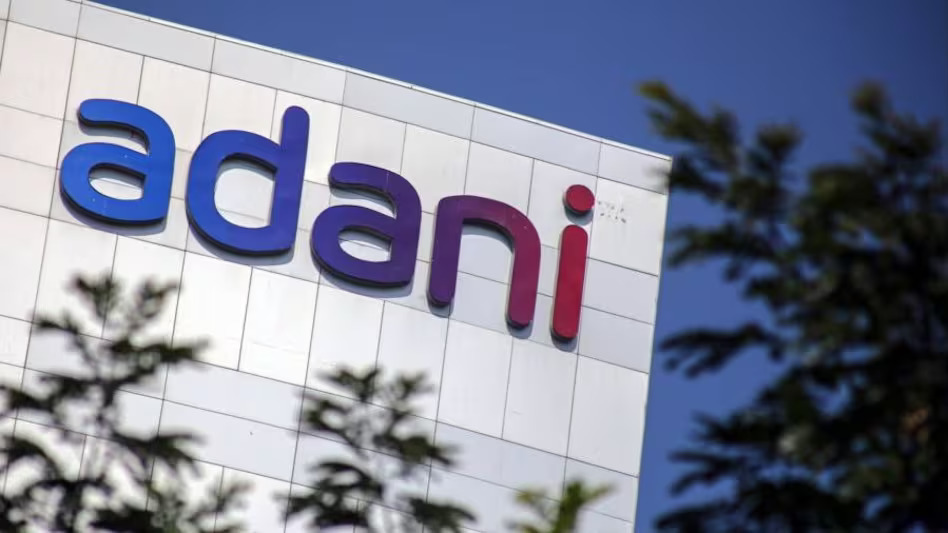
This ruling halts the implementation of the lease agreement, which has faced significant scrutiny and opposition from various stakeholders.
The High Court has granted the Law Society of Kenya (LSK) and the Kenya Human Rights Commission (KHRC) permission to seek a judicial review of the Kenya Airports Authority's (KAA) decision to lease Jomo Kenyatta International Airport (JKIA) to Adani Group for 30 years.
It also issued an immediate stay order, preventing any action on the Adani lease proposal until the judicial review is concluded.
More To Read
- Schools on edge as Saba Saba protests loom
- KAA urges early travel as Nairobi Marathon shuts down key routes
- Raila calls for unity, blames politics for collapse of Adani deal to expand JKIA
- DCI arrests woman who had swallowed 626.25g of cocaine at JKIA
- State eyes Sh70 billion in private funds for 2025/26 infrastructure projects
- High Court grants State final chance to provide proof of KETRACO-Adani tender cancellation
This ruling halts the implementation of the lease agreement, which has faced significant scrutiny and opposition from various stakeholders.
Airport workers also recently staged a protest and demanded the cancellation of the agreement.
Adani has committed to a Sh238 billion investment to upgrade and expand the airport. However, critics, including the Kenya Human Rights Commission (KHRC), argue that Kenya could raise the necessary funds independently without giving up control of this critical national asset.
KHRC Executive Director Davis Malombe criticised the deal as “unaffordable,” highlighting potential job losses and significant fiscal risks to the public. The deal, he contended, offers no value for money to taxpayers.
In response to the opaque nature of the contract, KHRC and the Law Society of Kenya (LSK) sought details from JKIA in July and August 2024. The government has yet to respond despite growing public demands for transparency.
The lease agreement stipulates that after 30 years, Adani would retain an 18 per cent equity stake in JKIA’s aeronautical business indefinitely. This would entitle the company to a concession fee starting at Sh6 billion, with a 10 per cent increase every five years.
KHRC argued that this arrangement violates Article 201(c) of the Constitution, which mandates that the benefits and burdens of resource use be shared equitably across generations.
Top Stories Today



